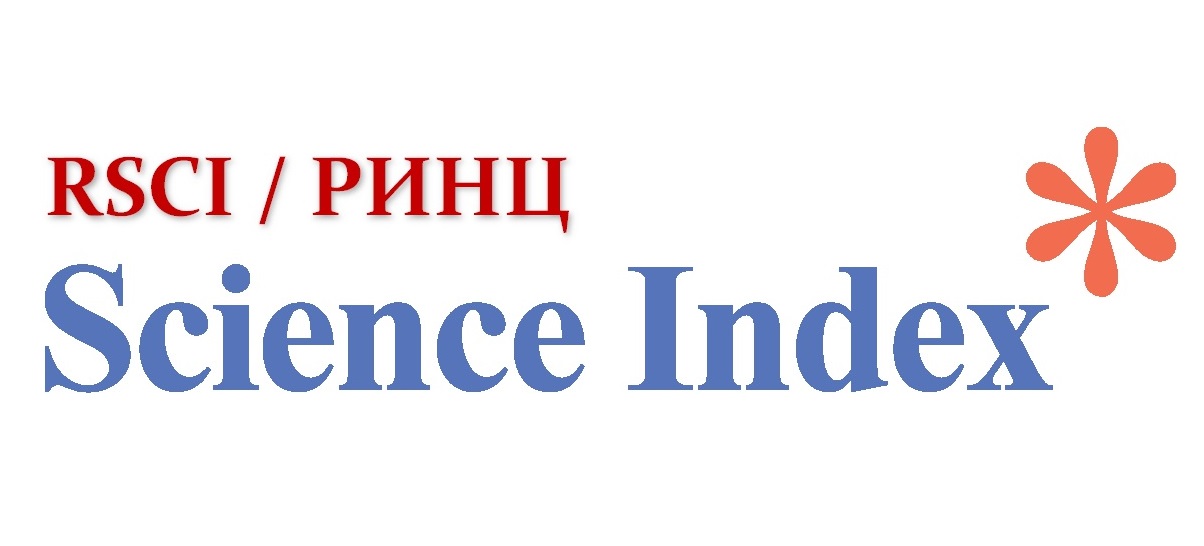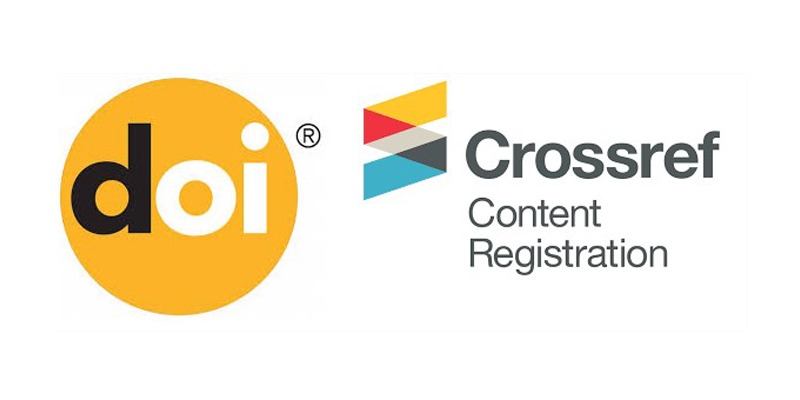The impact of the Kazakhstan model of demographic transition on the development of human potential in Kazakhstan
Views: 443 / PDF downloads: 436
DOI:
https://doi.org/10.32523/2789-4320-2024-3-130-148Keywords:
demographic transition, demographic waves, human potential, demographic development, population reproduction, gender inequalityAbstract
Abstract. The relationship between demography and human development is very significant and needs to be studied in terms of research. In the current situation, human potential is becoming one of the decisive factors in the socio-economic development of the country. Therefore, the purpose of the study is to analyze the impact of the demographic transition model on the development of human potential in the Republic of Kazakhstan. The analysis of the influence of "demographic waves" in the population structure, as a reflection of the demographic transition model, on the main demographic indicators, such as total fertility and mortality rates, natural population growth, as well as on the development of human potential taking into account the gender factor in the Republic of Kazakhstan.
The methodological basis for this study was statistical methods of data analysis. Index analysis methods were used to analyze the impact of "demographic waves" on the population size and age structure, total fertility and mortality rates, and to study the factors of natural growth.
The results of the analysis showed a significant impact of demographic waves in the gender and age structure of the population of Kazakhstan on the overall indicators of fertility, mortality and natural population growth. This feature of the Kazakh model of demographic transition can have a significant impact on demographic development as a whole, as well as on the human potential in the country and, accordingly, on the level and quality of life of the population as a whole.
Downloads
Downloads
Published
How to Cite
Issue
Section
License
Copyright (c) 2024 Yu.K. Shokamanov1, B.B. Mananov*2, A.A. Mussulmankulova

This work is licensed under a Creative Commons Attribution-NonCommercial 4.0 International License.






